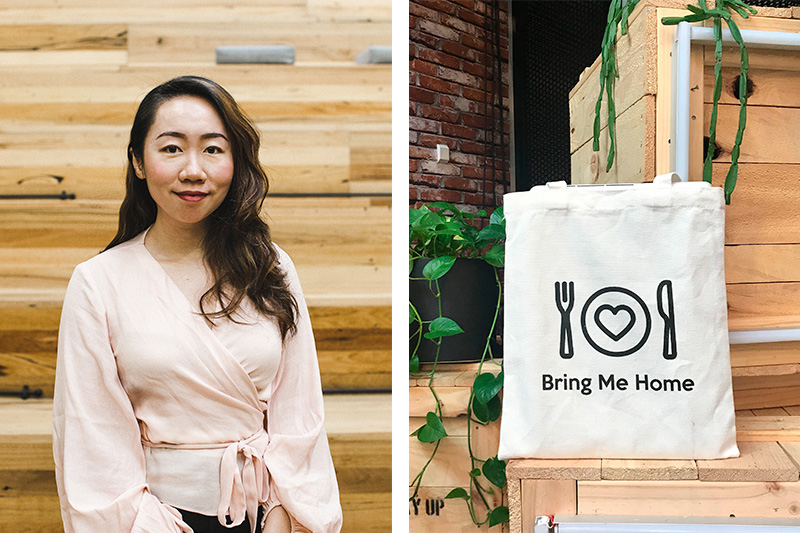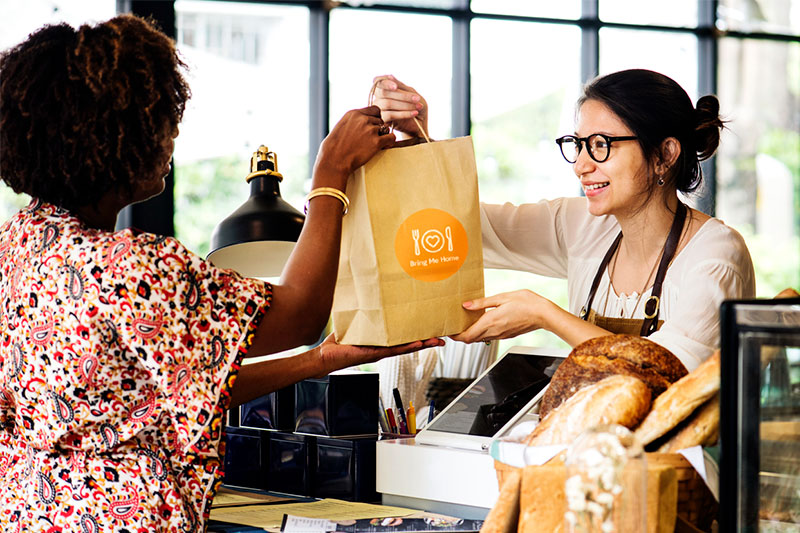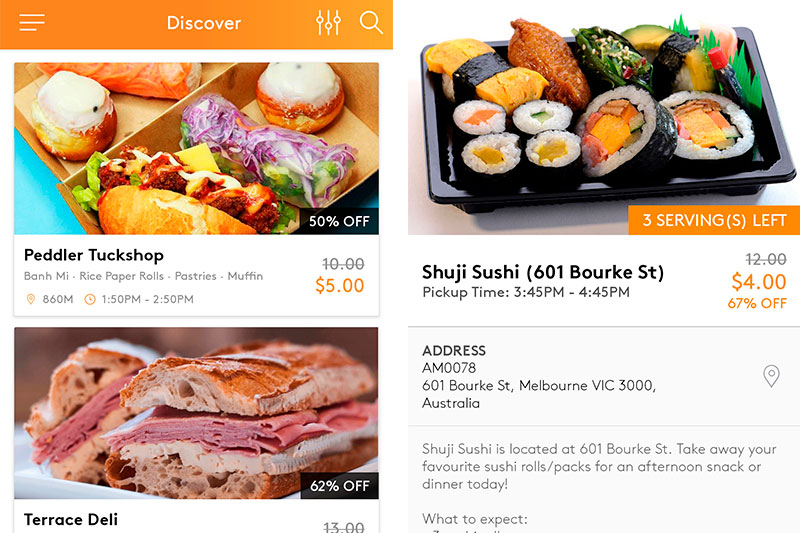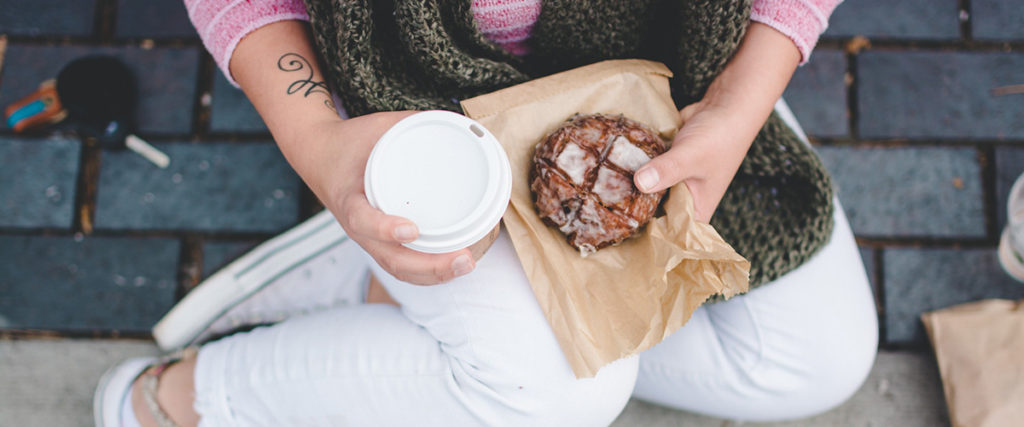Melbourne food app Bring Me Home wants to curb food waste by monetising the surplus food leftover by retailers at the end of each day. Jane Kou, founder and CEO explains.
In Australia, over five million tonnes of food end up as landfill, yet nearly four million people experience food insecurity each year. Bring Me Home, an app refined through Australia’s prestigious startup incubator Startmate, has come up with one way of trying to redress that terrible imbalance. “It’s a food rescue app that connects customers to retailers with surplus food,” explains founder Jane Kou. “We want to remove the stigma behind leftover food. It’s not subpar in quality or gross. It’s just unsold. It’s just as good, and it gives customers access to food they may not normally be able to afford through heavily discounted prices.” Since launching the app in Melbourne in August 2018, Bring Me Home has saved over 4400 meals from the landfill and made it onto SmartCompany’s Top 10 Startups to Watch in 2019. “We want to be the most eco-centric company in the world and create an anti-waste movement where people love rescuing things that don’t belong in the landfill,” explains Jane. “We want people to feel like a hero whenever they rescue food!”

With food waste costing the Australian economy AUD 20 billion each year and 35% of household bins being food waste, Jane sees a huge problem in her country. “I don’t think there are more than 10 businesses in Australia tackling food waste. Australia is really lagging behind Europe in terms of consumer awareness for sustainability, and I get a bit angry every time I see unnecessary packaging. I get that manufacturers want to keep things fresh, but if the whole world stops buying packaged goods, it will force manufacturers and retailers to innovate,” she says. “The problem has become more prominent in the last couple of months with youth climate strikes. People are starting to pay more attention to waste, so we are entering the market at a good time. We operate as a for-profit social enterprise and invest whatever we can back into the business. But, ultimately, when we have surplus revenue, we want to make further impact elsewhere as well.”
You might also like Thinking Food: What You Can Do To Reduce Waste

Jane grew up in a very eco-conscious family in Macau before moving to Australia to study Finance at the University of Melbourne before doing a Master’s at Melbourne Business School. It was whilst researching the issue of food waste during an elective course on social entrepreneurship that she became aware of the huge scale of the problem on her doorstep. This spurred her on to pursue a job with the Danish food waste app ‘Too Good To Go’ before creating her own Australian spinoff – Bring Me Home. The premise is simple. Customers log into the app from Apple or Android mobile devices to discover a wide selection of nearby participating cafés and restaurants selling their surplus food at the end of each day, from delicious bento boxes to mouth-watering pizza, and all at up to 70% off. “Essentially, our customers are buying a surprise meal at a cheaper price. The app won’t let you choose what to get specifically, but we do have descriptions to tell people what they can expect, subject to availability,” explains Jane. Having completed checkout on the app, “All I have to do is go to the store during pick up time and show my receipt to the vendor. We don’t offer delivery because we want people to feel like a hero every time they go to the shop to rescue their meal. And, we have a points scheme that rewards people for using our app by providing instant cashback for their next meal,” she says.

Alongside trying to consume perfectly good food that might otherwise have made its way to the landfill, Jane recommends a few tips that anyone can follow in order to reduce their carbon footprint. “I think one of the most important things is to not to overbuy perishable goods. Number two, I think we need to bring the Asian culture of 打包 (doggie bags) when eating out into the mainstream, but while bringing our own containers to avoid all that plastic. Finally, choose where you shop. Look for responsible food businesses trying to foster food rescue behaviour and support them!”
Having recently secured AUD 418,000 in her equity crowdfunding campaign on Birchal with 499 investors, smashing her initial target of AUD 200,000 by over 200%, Bring Me Home is set to rapidly grow in the coming year with plans for a nationwide rollout in 2020 on the horizon. “We also want to branch out into other consumer spaces with perishable stock such as flowers, and scale into the B2B space in order to make a more direct impact with businesses. Instead of thinking of international expansion, I really want to go deep and really make an impact in Australia.”
Interested in more social initiatives? Check out our full Hive Life series on Social Startups to Watch.
Related Articles
Reusable Cups Aren’t the Answer. Compostable Ones Are. Here’s Why.
Vietnamese Architecture Firm VTN Architects is Building Greener Cities
Breaking Down Biohacking: Silicon Valley’s Hottest New Health Craze





